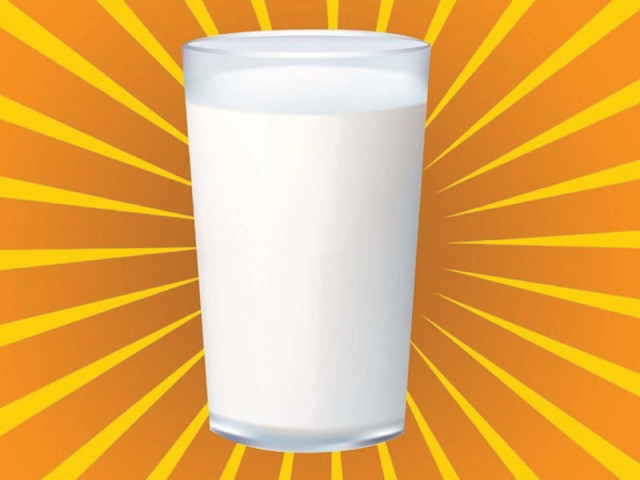Dairy products: Engro Foods CEO calls for standardised classifications
Statement comes after reports of Punjab Food Authority banning Dairy Omung.

The local food giant also clarified their products conform to both internal and external quality certifications. CREATIVE COMMONS
At a time when companies are trying to cater to changing demand patterns, innovation is bound to happen and the government needs to realise it, said Engro Foods Chief Executive Officer Sarfaraz A Rehman, as he called for nationally applicable classifications for existing and waiting-to-be-launched dairy products.
In an interview with The Express Tribune, Rehman said the classifications would ensure that the industry and food regulatory authorities are on the same page.
His statements referred to the Punjab Food Authority’s (PFA) current regulation standard, which according to him, do not have a classification mechanism to regulate Dairy Omung, a product of Engro Foods — a subsidiary of Pakistan’s largest private-sector conglomerate Engro Corp.
The PFA, as reported by a section of the local media, banned the distribution and selling of Dairy Omung in Punjab on grounds that it contained sub-standard contents.

The company was quick to refute these reports and clarified that Dairy Omung was ‘not banned at all’. It, however, acknowledged that premises of their distributor in Lahore were sealed by PFA following which the company got a stay order from the Lahore High Court.
The local food giant also clarified their products conform to both internal and external quality certifications.
To say Omung has substandard content is incorrect, Rehman said. “We kept testing this product for years before its launch.
“Different products have different nutrition levels, some provide better digestion while others provide a better energy level. This does not mean one is superior, while the other is substandard.”
Dairy Omung’s nutritional values, the company clarified, have been verified by Eurofins, Hamburg –a leading international group of laboratories that provide a range of analytical testing services to the pharmaceutical, food, environmental and consumer product industries and the governments.
Sourced from pure milk base, Dairy Omung is an innovative and economical substitute for loose milk, the statement said. However, Punjab Pure Food Rules 2011 do not have any classification and defined standards for dairy liquid, it said.
What is more interesting, is that the PFA tells the company that Omung, as per PFA’s standards, is not milk – something the company readily agreed upon.
“It [PFA] said since there is no classification to declare Omung as milk, Engro can’t sell it as such.
“We agreed with them. We never called it milk in the first place — not on the label or in our ad campaigns. But, we need a classification not just for Omung but other new dairy products as well.”
Meanwhile, Rehman added that a company would be unable to launch a new product that is not covered under the existing classifications. “This is why there is a need for new regulation standards. But this needs to be made at a centralised level and not on a provincial basis.
“We can’t make four different products — it will be impossible logistically,” said the CEO, adding that each province has different volume requirements.
The company is in discussion with the PFA to present Dairy Omung to the Scientific Committee of PFA for review and subsequent formation of regulations and standards, the statement said.
Published in The Express Tribune, November 23rd, 2013.
Like Business on Facebook, follow @TribuneBiz on Twitter to stay informed and join in the conversation.


















COMMENTS
Comments are moderated and generally will be posted if they are on-topic and not abusive.
For more information, please see our Comments FAQ